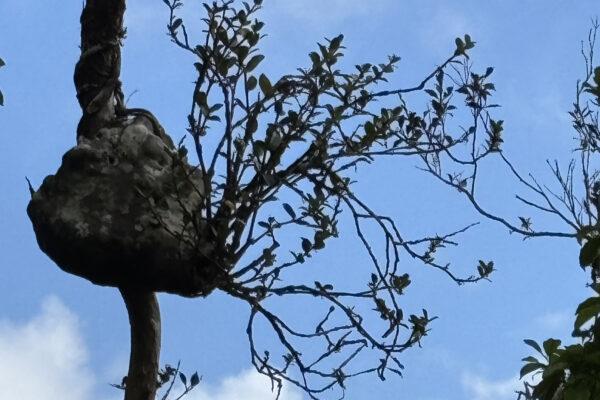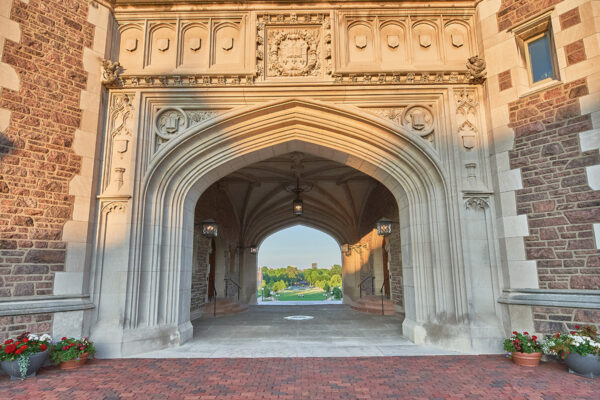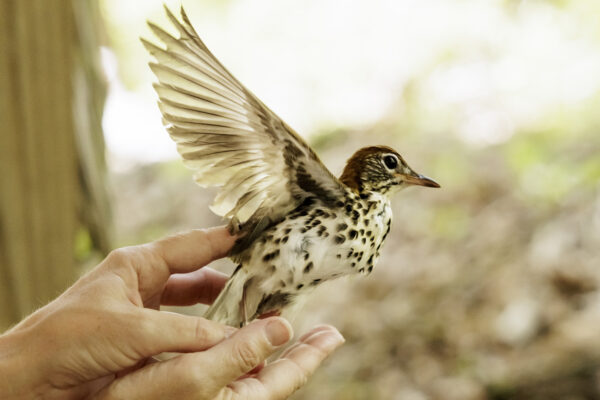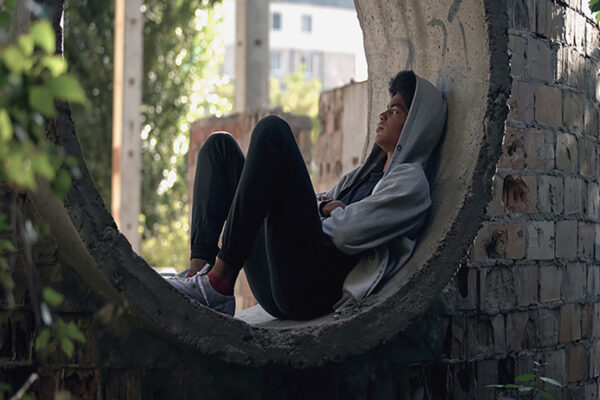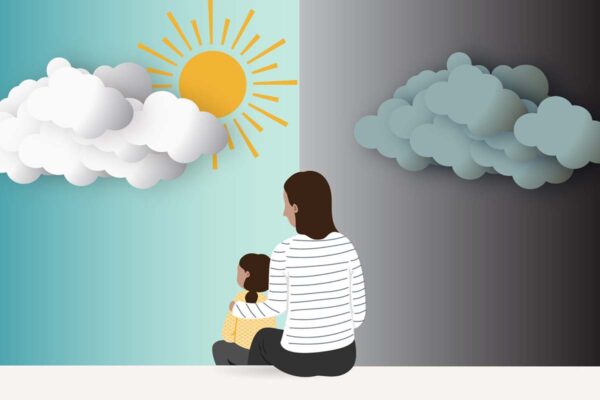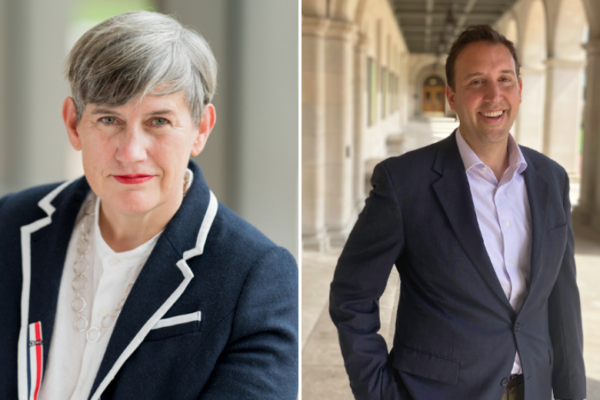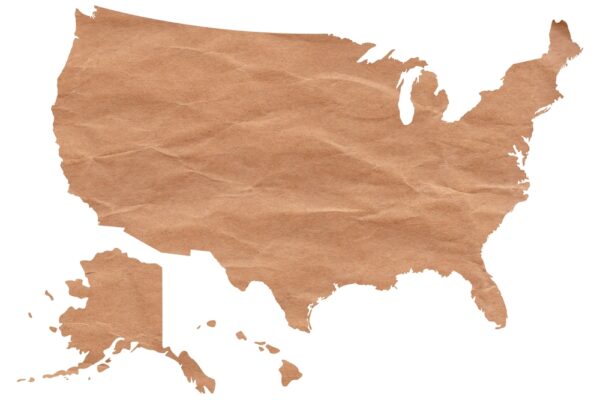Religion, politics and war drive urban wildlife evolution
The downstream consequences of religion, politics and war can have far-reaching effects on the environment and on the evolutionary processes affecting urban organisms, according to a new analysis from Washington University in St. Louis.
From the experts
Find an expert
Perspectives
Big ideas shine at A&S Innovates competition
The inaugural A&S Innovates Research Pitch Competition this spring featured three-minute lightning pitches from Arts & Sciences faculty members presenting bold ideas on topics ranging from smart textiles to ChatGPT.
To improve housing affordability, ‘the future is concrete’
The Sam Fox School’s Pablo Moyano Fernández writes about the advantages of concrete for single-family home construction. Though wood still dominates the U.S. market, Moyano and WashU architecture and engineering students have explored concrete housing through models, prototypes and design competition entries.
War, politics and religion shape wildlife evolution in cities
Cultures differ around the world, meaning each city has its own set of variables that shape the evolutionary processes of wildlife. Understanding how these human cultural practices shape evolutionary patterns will allow people to better design cities that support both humans and the wildlife that call these places home, writes Elizabeth Carlen.
Videos
Beyond visual data
Can we ever see too much data? Yes, actually. In some situations, visual overload can paralyze decision-making. But over the last year, the interdisciplinary SAIL lab, with help from WashU Rowing, has explored nonvisual means for transmitting real-time performance feedback.
Bookshelf
The United States of no states?
What would America look like if there were no state governments? Stephen H. Legomsky, the John S. Lehmann University Professor Emeritus at WashU Law, tackles that question in his new book, “Reimagining the American Union: The Case for Abolishing State Government,” published by Cambridge University Press.

